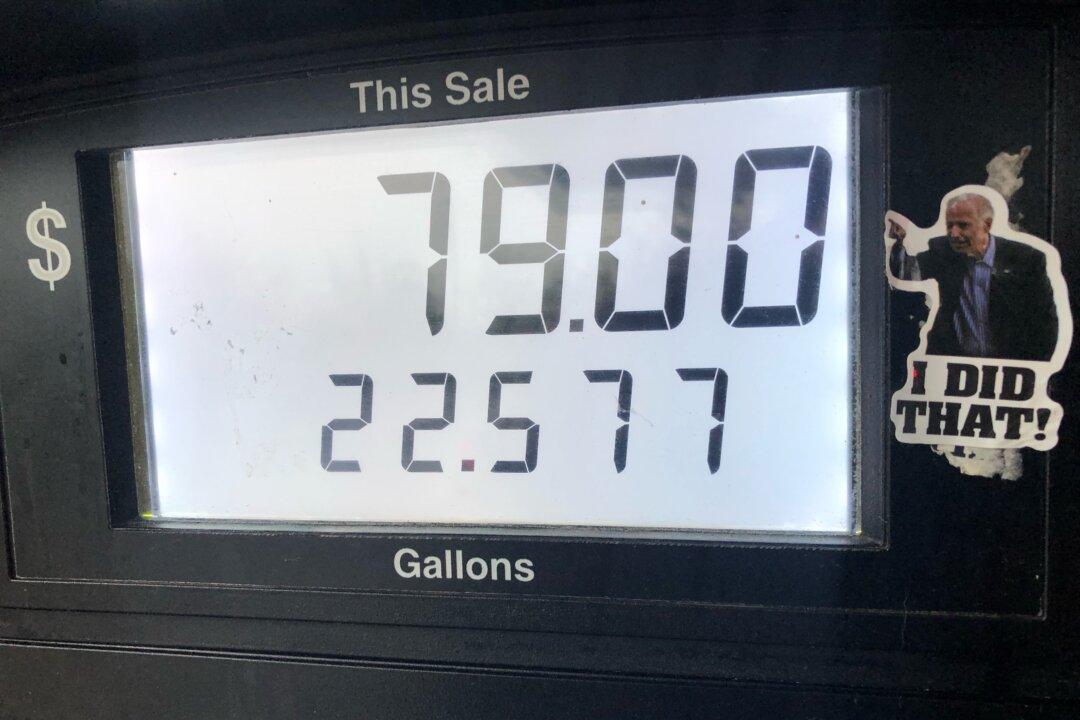A majority of Americans voters believe that climate change is an not immediate threat and that the economy is more of a primary concern to them, an ominous sign for the Democrats in the upcoming midterms, according to the Harvard-CAPS Harris poll for July published on Aug. 3.
Only 45 percent of voters see climate change as an immediate threat, including 66 percent of Democrats and 41 percent of Independents.





